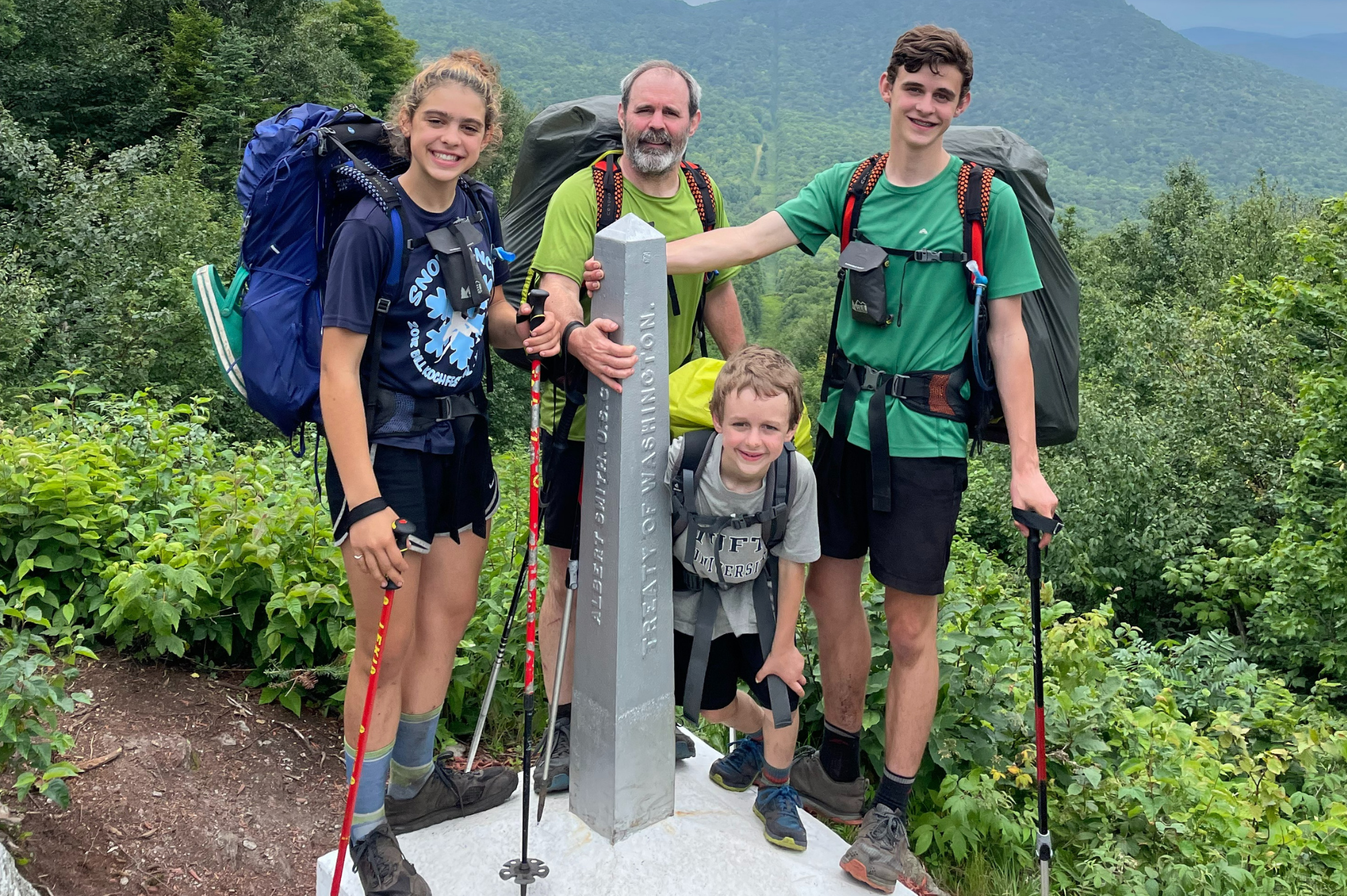Embarking on a long hike can be a physically demanding challenge, but it’s not just your body that needs to be prepared. Mental training is equally important for long days on the trail. Whether you’re planning a multi-day trek or a strenuous day hike, having a strong mental game can make all the difference in your overall experience. In this guide, we’ll explore how you can train your mind to stay focused, motivated, and resilient during extended periods of hiking.

Credit: wildlandtrekking.com
Benefits of Mental Training for Hiking
Before diving into specific mental training techniques, let’s first understand why it’s so crucial for hiking. A strong mental game can help you overcome challenges, stay positive in difficult situations, and push through mental barriers that may arise during long hikes. By training your mind, you can enhance your overall hiking performance, enjoy the journey more, and even increase your resilience in the face of adversity.
Stay Positive and Focused
One of the key aspects of mental training for hiking is learning how to stay positive and focused throughout your journey. Positivity can help you maintain motivation, while focus can prevent distractions and keep you on track. To cultivate positivity, practice gratitude for the beauty of nature around you and set small, achievable goals to keep you motivated. To enhance focus, use mindfulness techniques such as deep breathing and staying present in the moment.

Credit: www.greenmountainclub.org
Build Resilience
Resilience is another important mental skill for long days on the trail. It’s normal to face setbacks, fatigue, or unexpected challenges during a hike, but how you respond to these obstacles can make all the difference. To build resilience, practice positive self-talk, visualize overcoming difficulties, and embrace the idea of growth through challenges. By viewing setbacks as opportunities for growth, you can bounce back stronger and more determined than before.
Set Realistic Expectations
Setting realistic expectations is crucial for mental training in hiking. Understand your limits, both physically and mentally, and plan your hike accordingly. Pushing yourself is important for growth, but it’s equally important to know when to rest, refuel, and recharge. By setting realistic goals and expectations, you can avoid burnout, stay motivated, and enjoy the journey at your own pace.
Practice Visualization and Positive Affirmations
Visualization and positive affirmations can be powerful tools for mental training on the trail. Before embarking on your hike, take a few moments to visualize yourself successfully completing the journey. Picture yourself overcoming obstacles with ease, feeling strong and resilient throughout the hike. Additionally, use positive affirmations to boost your confidence and motivation. Repeat phrases such as “I am strong,” “I am capable,” and “I can do this” to reinforce a positive mindset.
Stay Present and Mindful
Mindfulness is a key component of mental training for hiking. Staying present and mindful during your hike can help you appreciate the beauty of nature, stay focused on the task at hand, and reduce stress and anxiety. Practice mindfulness by tuning into your surroundings, noticing the sights, sounds, and smells of the trail, and embracing each moment as it comes. By staying present, you can enhance your overall hiking experience and cultivate a sense of peace and tranquility.
Utilize Breathing Techniques
Breathing techniques are another valuable tool for mental training on the trail. Deep breathing can help calm your mind, regulate your heart rate, and reduce stress and tension in your body. During challenging moments on your hike, take a few deep breaths to center yourself, clear your mind, and regain focus. Practice rhythmic breathing patterns to synchronize your breath with your pace, helping you maintain a steady rhythm and conserve energy throughout the hike.
Stay Hydrated and Nourished
Proper hydration and nutrition are essential for maintaining a strong mental state during long hikes. Dehydration and malnutrition can negatively impact your mood, cognitive function, and overall well-being, so be sure to drink plenty of water and eat nutritious snacks throughout your journey. Pack high-energy foods such as nuts, dried fruits, and granola bars to keep your energy levels up and sustain your mental focus during the hike.
Embrace Challenges and Growth
Finally, embrace challenges as opportunities for growth and learning. Every difficult moment you face on the trail is a chance to test your resilience, strengthen your mental fortitude, and discover your inner strength. Instead of viewing challenges as obstacles, see them as stepping stones to personal growth and self-improvement. By embracing challenges with a positive mindset, you can transform setbacks into victories and emerge from your hike stronger, wiser, and more confident than ever before.
Frequently Asked Questions
How Can Mental Training Improve Hiking Endurance?
Mental training enhances focus and resilience for prolonged hiking challenges, improving endurance.
What Are Some Effective Mental Training Techniques For Hikers?
Visualization, positive self-talk, and mindfulness practices can enhance mental fortitude for hikers.
Why Is Mental Resilience Crucial For Long Days On The Trail?
Mental resilience helps hikers push through fatigue, discomfort, and obstacles, sustaining endurance and enjoyment.
How Can Hikers Develop Mental Toughness For Challenging Terrains?
Consistent practice, exposure to varying terrains, and positive reinforcement can cultivate mental toughness in hikers.
Conclusion
Training your mind for long days on the trail is just as important as training your body. By cultivating positivity, resilience, focus, and mindfulness, you can enhance your overall hiking experience, overcome obstacles with ease, and enjoy the journey to the fullest. Incorporate mental training techniques into your hiking routine, practice visualization, positive affirmations, and breathing exercises, and stay present and mindful throughout your journey. With a strong mental game, you can conquer any trail, push through challenges, and emerge as a stronger, more resilient hiker.




